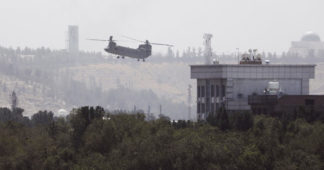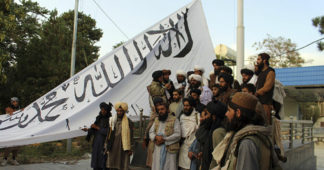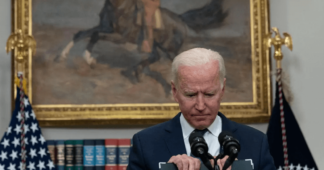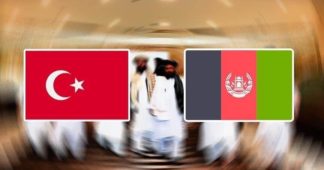By Frida Ghitis
Aug. 26, 2021
photo by Markus Schreibe
he abrupt collapse of Afghanistan’s NATO-backed government in the wake of the departure of U.S. forces cast a sharp, critical spotlight on U.S. President Joe Biden. But the American president was not the only Western leader who came under enormous political pressure as the scenes of mayhem outside of Kabul’s international airport played out live on television around the world. The fall of Kabul has already riled the waters across Europe, where multiple governments are struggling to defend themselves against waves of criticism.
In the Netherlands, currently still governed by a caretaker coalition months after the most recent elections, there was widespread anger and outrage at news that the Afghan employees of the Dutch Embassy in Kabul showed up at work on the day after the Taliban swept to power, only to find the offices dark and empty. Nobody had even bothered to call them as embassy staffers fled.
Social media exploded with recriminations about Dutch officials leaving “like thieves in the night.”
It was a turn of events that led many to recall, with undeniable hyperbole, the most egregious chapter in recent Dutch history, when Dutch peacekeepers all but facilitated a massacre of Bosnian Muslims in the town of Srebrenica. Sigrid Kaag—the acting foreign minister and up-and-coming leader of D66, the second-highest vote-getter in the last election—rushed to deflect blame. Speaking to parliament, she explained that Dutch diplomats were awakened by U.S. forces in the middle of the night, and their communications equipment failed, so they couldn’t get in touch with the Afghans who had been working alongside them at the embassy. Many parliamentarians seemed unpersuaded by the explanation.
Continue reading atwww.worldpoliticsreview.com










